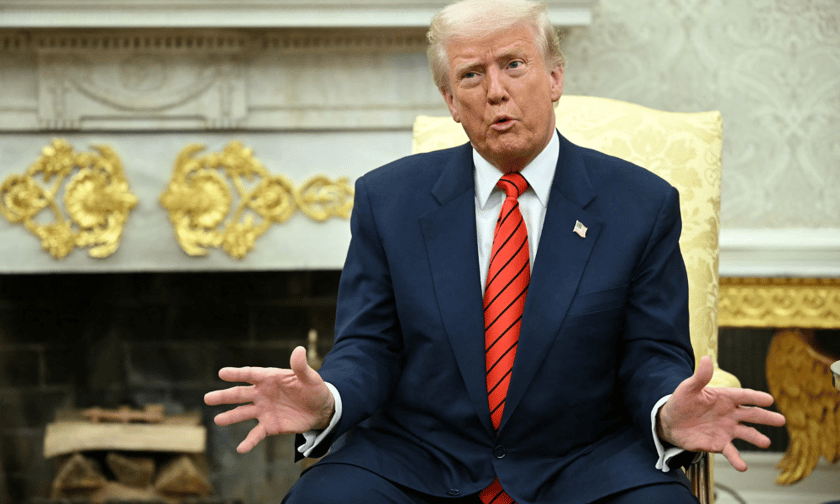

European re/insurers may face heightened financial pressure due to recent market volatility sparked by new tariff announcements, according to a review of sector-wide impacts from S&P.
Global equity and bond markets experienced a sharp decline following the announcements, with potential spillover effects on real estate, private equity, and private debt holdings – key asset classes for many insurers and reinsurers.
The downturn increases uncertainty regarding the market outlook and duration of any correction. While short-term asset value changes are typically reflected in quarterly financial reports, actual losses from investment portfolios tend to emerge over a six- to twelve-month period.
Given the sector’s asset-intensive business model, European re/insurers remain sensitive to shifts in financial markets.
Potential tariff-related impacts for the insurance sector include lower premium growth in both life and non-life segments during economic slowdowns, and higher claims expenses that could push up combined ratios.
However, current expectations from S&P suggest that these risks are not likely to affect credit ratings or outlooks for European re/insurers in the short to medium term.
Prolonged market weakness could present more serious challenges. Investment losses would weigh more heavily on life insurers, whose exposure to market risk exceeds 50% based on both internal capital models and Solvency II frameworks. Non-life insurers and reinsurers tend to have lower direct market exposure but remain vulnerable to deteriorating economic conditions.
Reinsurance and financial industry leaders have voiced significant concerns over President Trump's recent tariff policies, highlighting potential economic disruptions and increased risks for insurers.
Elizabeth Wooliston, underwriting director at Lloyd’s Market Association (LMA) emphasized that the newly imposed tariffs could have substantial implications for insurers, including potential supply chain adjustments and shifts in overall profitability.
She noted that increased uncertainty and market volatility heighten business risks, and insurers may face challenges in managing their 'value at risk' due to rising costs of goods and spare parts.
Across the pond, Insurance Information Institute (Triple-I) chief economist Michel Leonard drew parallels between the current tariff-induced uncertainty and the disruptions experienced during the COVID-19 pandemic.
He warned that the uncertainty is already present, and even if tariffs are suspended indefinitely, there will be a significant drop in underlying growth for motor vehicles.
What are your thoughts on this story? Please feel free to share your comments below.
